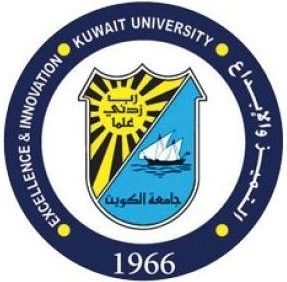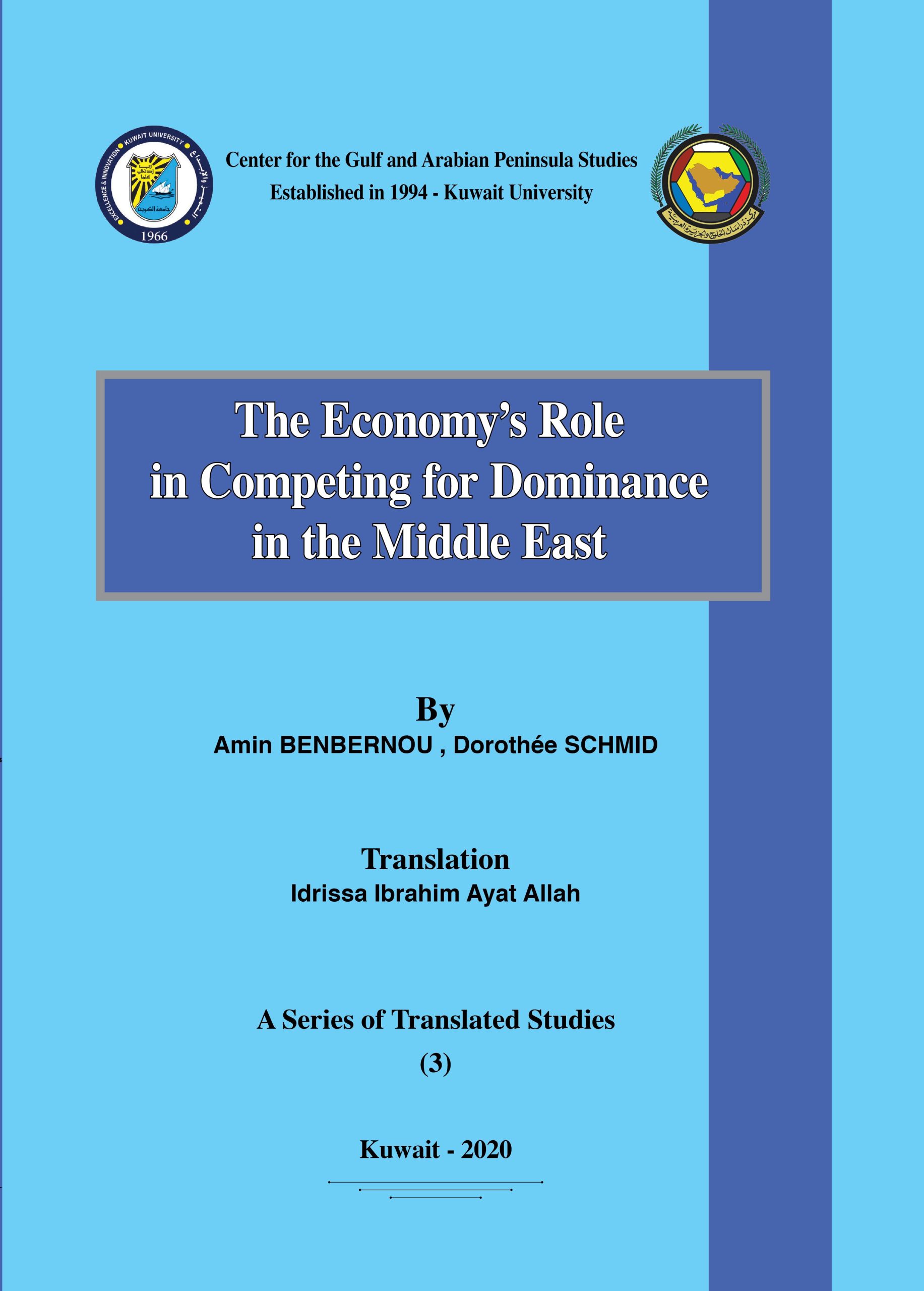Abstract:
The geopolitics of the Middle East is undergoing structural changes today. The regional system is going through a transitional phase since the aftermath of the Arab revolutions that toppled some regimes in the Arab countries. The competition was liberalized against the backdrop of the withdrawal of the United States of America. This new race for regional hegemony calls into question the traditional hierarchy of power in the region, built based on military capacity and external alliance interaction. The economy has until now been a guarantor of the current political situation. Through the widespread spread of the rentier model of oil and gas imports, it has become from now on a political weapon in relations between countries in the region. In this regard, economic governance, strong investment strategies, financing wars, and the use of economic sanctions developed. Accordingly, the Gulf countries, due to the fragility of their situations rooted in the negative rentier model, are now relying on their critical economic bloc and trying to mobilize their wealth to ensure the transition to advanced stages. By adopting a policy of initiative and influence instead of emotion and influence. However, the effectiveness of their economic mechanisms is not guaranteed. The regulatory and financial independence of most Middle Eastern economies is already limited, and with the proliferation of conflicts in the region, they have resulted in imbalances in the regional economic system.
Hits : 106
